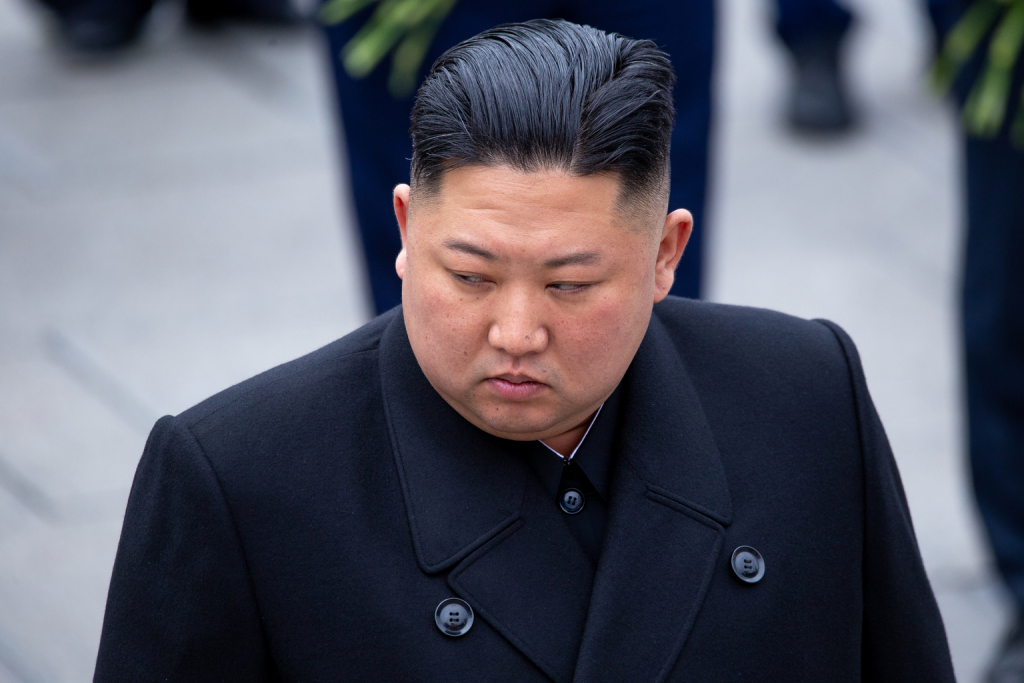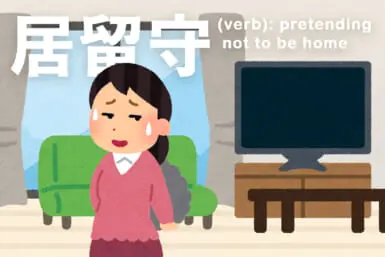In this week’s news roundup, we report on the two ballistic missiles North Korea fired into Japan’s exclusive economic zone. There’s also the latest on the upcoming LDP leadership election as Shigeru Ishiba pulls out and Seiko Noda enters the race.
New coronavirus cases continue to drop in the capital, but there are some cautionary words from Japan’s top Covid-19 advisor. In sport, Japan’s first pro women’s football league kicked off last Sunday. And in entertainment, three Japanese were included in Time magazine’s list of the 100 most influential people of 2021.
Two North Korean Missiles Land in Japan’s EEZ
Following a few quiet months, North Korea gave the world a reminder of the rapid progress the country has made in its weapon program this week. On Saturday and Sunday, they carried out successful tests of a new long-range cruise missile capable of hitting much of Japan. Described as “a strategic weapon of great significance,” analysts have suggested that it could evade missile defenses and carry nuclear warheads.
Just a few days after those tests, North Korea fired two ballistic missiles into waters within Japan’s exclusive economic zone. Initially believed to have fallen outside the EEZ, further analysis revealed that they fell in the waters off Noto Peninsula in Ishikawa Prefecture. “This is outrageous, a threat to the peace and security of our country and the region. We strongly protest and condemn [this action], which is also a violation of UN Security Council resolutions,” said Prime Minister Yoshihide Suga. Within a few hours of Pyongyang launching the missiles, South Korea conducted its first underwater-launched ballistic missile from a 3,000-tonne class submarine.
Ex-defense chief Ishiba not to run in LDP leader race, to back Kono https://t.co/NCLFJ36Brx
— The Mainichi (Japan Daily News) (@themainichi) September 15, 2021
Ishiba Decides Not to Run in LDP Leadership Race
Shigeru Ishiba has decided not to put his name forward in the Liberal Democratic Party presidential election later this month. The former LDP secretary considered running but was warned by allies that his chances of winning were slim. The 64-year-old politician, who finished second in three opinion polls behind vaccine czar Taro Kono, previously stood in four party elections. He lost all four, including twice to Shinzo Abe.
Ishiba will instead throw his support behind Kono. The pair met at the Diet on Monday. “I felt his desire to unite the party. It was a very meaningful time,” he told reporters. This week, Kono voiced his support for same-sex marriage. While some municipalities offer “partnership certificates” for LGBT couples, article 24 of the constitution states: “Marriage shall be based only on the mutual consent of both sexes in Japan and it shall be maintained through mutual cooperation with the equal rights of husband and wife as a basis.” Opinion polls are in favor of marriage equality, but Kono may have a hard time convincing LDP lawmakers. He also supports dual surnames for married couples.
🇯🇵 Seiko Noda makes last-minute bid for LDP presidency. https://t.co/4cxD9vQS8k
— magdalena osumi | 大住マグダレナ 💁🏼♀️ (@jt_mag_os) September 16, 2021
Noda Makes it a Four-Horse race
And then there were four. With Ishiba pulling out, the battle to become the country’s new prime minister appeared to be a three-horse race between Kono, Fumio Kishida and Sanae Takaichi. That was before Thursday when Seiko Noda announced that she was also throwing her hat in the ring. The former communications minister said she had secured the necessary 20 nominations from lawmakers and will now run in the election.
Noda, 61, does not belong to an LDP faction. Along with Takaichi, she is aiming to become Japan’s first-ever female prime minister. “The other candidates all have great policies. But I had trouble finding any policies concerning issues I’ve worked on as a politician, such as lifting up the small and weak,” Noda told reporters. She hopes to boost support for parents while at the same time, trying to tackle Japan’s low birth rate. In 2011, the then 50-year-old politician gave birth to a baby boy via in vitro fertilization. She sought an American egg donor after years of unsuccessful fertility treatments and several miscarriages. Noda and the other three candidates will begin their campaigning today. The election will be held on September 29.
Corona Cases Continue to Drop in Tokyo, Top Advisor Urges Caution
On Thursday, the Tokyo Metropolitan Government reported 831 new coronavirus cases, 844 fewer than seven days ago. It marked the 25th consecutive day that the daily figure was lower than it had been on the same day the previous week. On top of that, the vaccination drive continues to gather pace. More than 50 percent of the population has now received two shots. By the end of the month that figure is expected to exceed 60 percent. That would put Japan on par with nations such as France and the UK.
According to Japan’s top Covid-19 advisor Shigeru Omi, the fifth wave has largely passed. At the same time, however, he warned people not to get ahead of themselves. “Even though the vaccination rate has risen, there will certainly be a rebound if we suddenly ease restrictions,” Omi told the House of Representatives’ health committee. “I believe the path we should take is to gradually lift them after the state of emergency expires and the number of infections comes down to a certain level,” he added. The government plans to relax curbs on travel, large-scale events and serving alcohol in November. Easing of restrictions in selected areas could take place in October on an experimental basis.
With a name that stands for “Women’s Empowerment,” Japan’s first professional women’s soccer league isn’t subtle about its intention to revolutionize the sport. https://t.co/ADQJTCjYAZ
— Japan Times: Sports (@jt_sports) September 10, 2021
Japan’s First Pro Women’s Football League Kicks Off
A decade after winning the World Cup, Japan finally has a professional women’s football league. The WE (“women’s empowerment”) League kicked off last Sunday with title favorites Inac Kobe Leonessa in action. They showed their credentials early on with a thumping 5-0 victory over Omiya Ardija. Strikers Megumi Takase and talented 17-year-old Maika Hamano bagged two goals apiece. Omiya are one of two newly formed sides in the division along with Sanfrecce Hiroshima. There are 11 teams in total. It’s hoped that the new league can reinvigorate the national team which has stagnated in recent years.
In men’s football, Nagoya Grampus reached the last eight of the Asian Champions League. They defeated Korean side Daegu FC 4-2 with a hat-trick from Polish striker Jakub Świerczok. Kawasaki Frontale lost their last 16 clash on penalties to reigning champions Ulsan Hyundai FC. In Europe, Takehiro Tomiyasu made a promising debut for Arsenal as they defeated Norwich 1-0 to win their first game of the campaign. Ritsu Doan, meanwhile, scored his first goal of the season for PSV Eindhoven as they beat AZ Alkmaar 3-0.
Baseball star Shohei Ohtani has been recognized as one of Time magazine’s 100 most influential people, along with tennis star Naomi Osaka and architect Kengo Kuma. (Photo credit: AP/Reuters)https://t.co/VppG61ASza pic.twitter.com/keYune5lZc
— The Japan News (@The_Japan_News) September 16, 2021
Three Japanese in Time’s 100 Most Influential People List
Despite dropping to second behind Vladimir Guerrero Jr. in the race to be MLB’s home run king (and having a sore arm meaning he might not pitch again this year), Shohei Ohtani is still having an unbelievable season for the Los Angeles Angels. His impact over the past few months has been huge. In fact, it’s been so big, he’s made it onto Time magazine’s list of the most influential people of 2021. “If you were to Frankenstein every unique talent into one player, you’d get Shohei Ohtani,” wrote Alex Rodriguez in the publication.
Two other Japanese were included on the list. Fellow sports star Naomi Osaka featured for the third time in-a-row. Earlier this year, the four-time Grand Slam champion wrote an essay for Time titled “It’s OK not to be OK” about her decision to drop out of the French Open and prioritize her mental health. The third Japanese name to feature was Kengo Kuma, the man responsible for designing the Tokyo National Stadium. In the latest TW magazine, you can read an exclusive interview with the renowned architect









